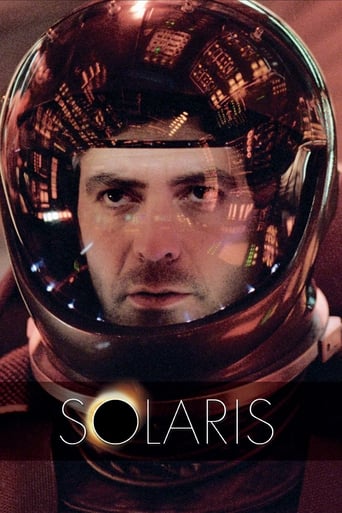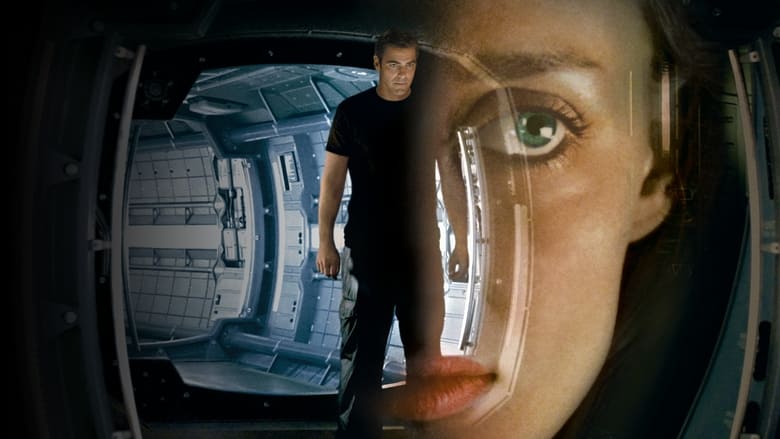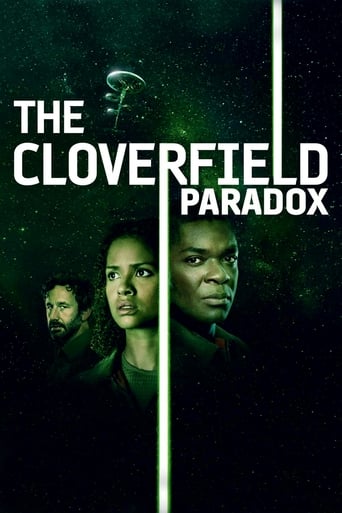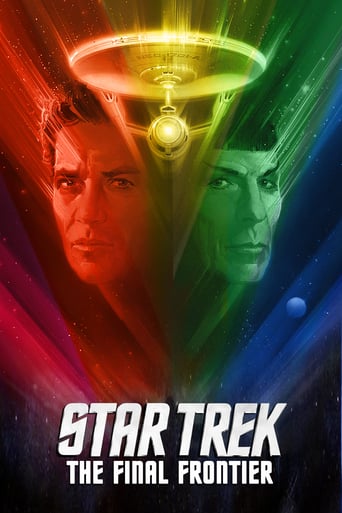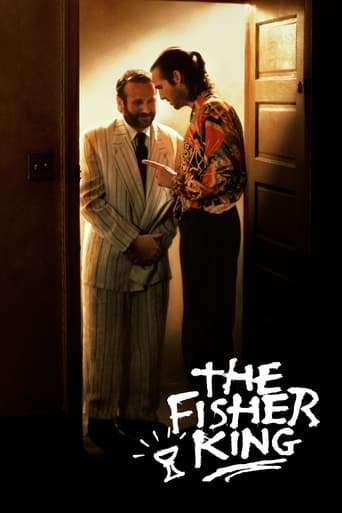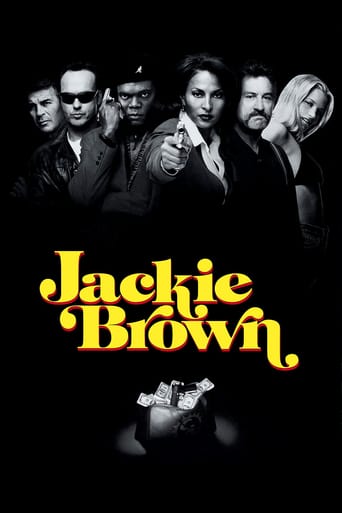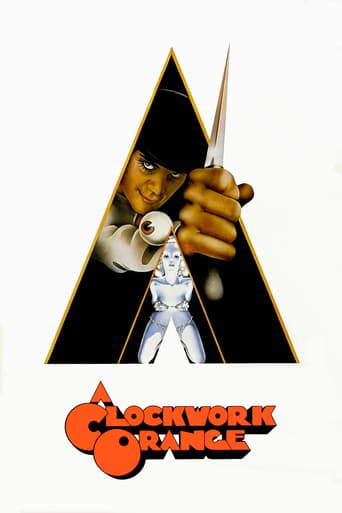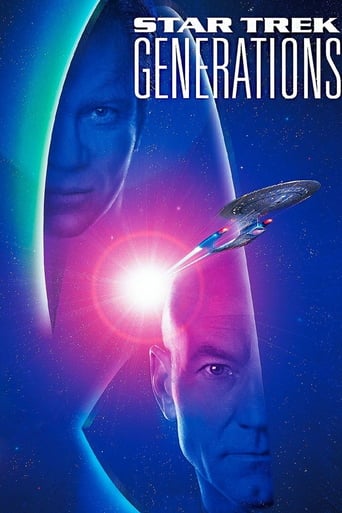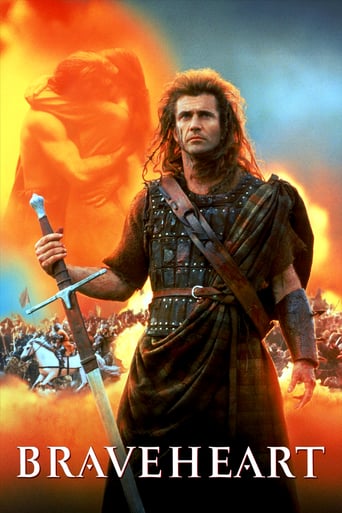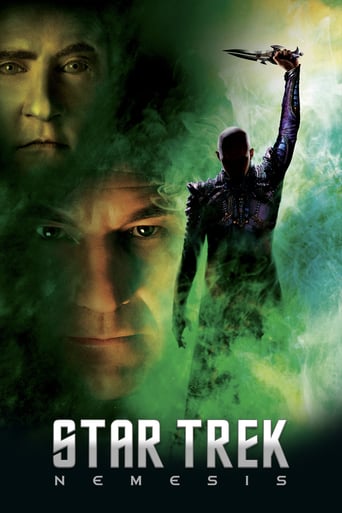Solaris (2002)
A troubled psychologist is sent to investigate the crew of an isolated research station orbiting a bizarre planet.
Watch Trailer
Cast


Similar titles
Reviews
Oh, how the mighty have fallen. This movie was a Top #250 film on IMDb in 2015, and now registers a '6.2' rating as I write this. Funny what a difference a couple of years make with the inclusion of additional visitors to the title.Before watching this picture I had no knowledge of the novel by Stanislaw Lem or the original Russian movie based on it. So without contaminating my review with the perspectives of those two works, what I thought started out as a pretty good sci-fi mystery turned into an illogical love story aboard a space station. I thought there were all kinds of problems here, principally starting with the main character, Chris Kelvin (George Clooney). He was introduced as an intellectual and level headed psychiatrist who was invited to Solaris because of unexplained occurrences that were driving the scientists on board insane. Fair enough, but when he himself experiences the impossible, he abruptly turns off his brain in order to resume a failed relationship with the woman who was his wife (Natascha McElhone) on Earth. Why? How does that even make sense? There's also inconsistency with the character of Rheya. The 'first' Rheya who appears on Solaris has memories of her past with Kelvin, but the 'second' Rheya' doesn't. Until she does again when flashes of life on Earth intrude on her memory. I'm really bothered by internal consistencies in a story, and the two I just mentioned were big time ones.What I really like about well written sci-fi flicks though, is the scientific gobbledy-gook that writers come up with in service to a story. You could have blown me away with that description of the Higgs device - a high energy proton accelerator with a matter phase modulator, which by adjusting the tuning frequency, you could get an enhancement of Higgs anti-bosons at ninety gigahertz, and even better, an almost pure beam at a hundred sixty gigahertz.See, if I were writing the story, Kelvin could have saved himself a lot of trouble by cranking up the Higgs to a full one eighty, thereby reversing the mass exponentiality of the Solaris gravitational field. Then, by switching to decoupled internal power, he could have calibrated the external high-grain antenna and set a course back to Earth, one that wouldn't have jeopardized the possibility of bringing an alien life force back with him. If he wanted to see Rheya again, he could have depressurized the spin turbines on the Athena, settled back with a brandy, and made love to his heart's content. I guess the simplest explanation is just too obvious.
The good thing about SOLARIS is that it's a darned sight better than the OVERLONG Russian original – a four hour film in which three things happened. Steven Soderbergh's remake shaves away half the running time and focuses more on the emotional aspects of the story, and as such is by far the better film. It's gorgeous to look at, bringing to life a beautiful view of space travel and existence, and full of the director's trademark stylish flourishes. Essentially, this is a two-hander between George Clooney and Natasha McElhone, two extremely handsome actors who are accomplished performers to boot. I couldn't think of a better cast.The film delivers an eerie atmosphere despite not a lot happening. It's definitely a mood piece. The romantic scenes between Clooney and McElhone feel authentic, and the many flashback scenes are pretty moving. This is a film that explores all the aspects of the human psyche: love, lust, withdrawal, madness, acceptance, suicidal tendencies, and more. Clooney is great, but McElhone is even better, playing a flawed and sometimes frightening woman. The sci-fi trappings are kept to a minimum, which is good, and the supporting cast members are also particularly fine – most notable is Jeremy Davies in a role just as kooky as the one he took in RESCUE DAWN. I liked this film, but I didn't find it particularly enjoyable. It goes on a journey of the human soul so to speak, but I wasn't left with much in the way of insight afterwards; I didn't feel that it had developed the characters very much. Still, it's worth a watch for fans of this stuff.
I have both this and Tarkovsky's version of Stanislaw Lem's novel. I found both of them to be somewhat of a trial, although for slightly different reasons. Both are slow, and unless you are easily confused and generally clueless, they don't actually have much of a mystery to them because the secret of the "mystery" is kind of obvious very early on. Where this one fails compared to the 1972 version is that the science fiction is merely a shallow vehicle for a rather stodgy and slow treatment of a doomed romance. There's no actual science in the story at all. It's full of rather obvious logical flaws which distract from the story. There's also little to no science fiction in this version, since it revolves almost entirely about a lonely man's inability to deal with the loss of the difficult and rather fay woman he loved; the science fiction, such as it is, merely provides a pretty backdrop and an excuse for a series of dull flashbacks to the highlights of their relationship. Where the modern remake scores over Tarkovsky's film is that it's about an hour shorter, which means you can get it over and done with that much quicker. On the balance I found the modern take to be more accessible, the only problem being the lack of interest in what you are able to access.To sum up: if you're a science fiction fan rather than a fan of romantic drama, don't bother. If you're a fan of slow, dense, intense romantic dramas with troubled characters who sit staring into space for unreasonable amounts of time, and with stories which have pretensions of being intellectual, then you will probably enjoy this.The seven points I'm giving it are for a good cast who put in decent performances despite the stodgy material, and for fairly decent production values. I feel like I'm being overly generous and it actually doesn't deserve more than 6 points, but what the hell. At least they tried hard.
While Tarkovsky's "Solaris" shows the problem of morality, the ability to "remain human in inhuman conditions", Soderbergh used the image of sapient ocean for analysis of relationship between men and women , but it seemed to me, even more so, for understanding of God. What is Solaris, what it wants? Chris is asked to not try to look for the answers, to not try to understand, but to make a choice. It is, of course, existential despair of man beholding unfathomable, but at the same time it is negation of despair. And whether is it so important to comprehend, to find answers, to "win"? Is it so important to make something your way, "to prove" your superiority? Or is it more important to make the right choice, a choice in favour of happiness, not the satisfaction of petty ambitions, false pride and vanity?

